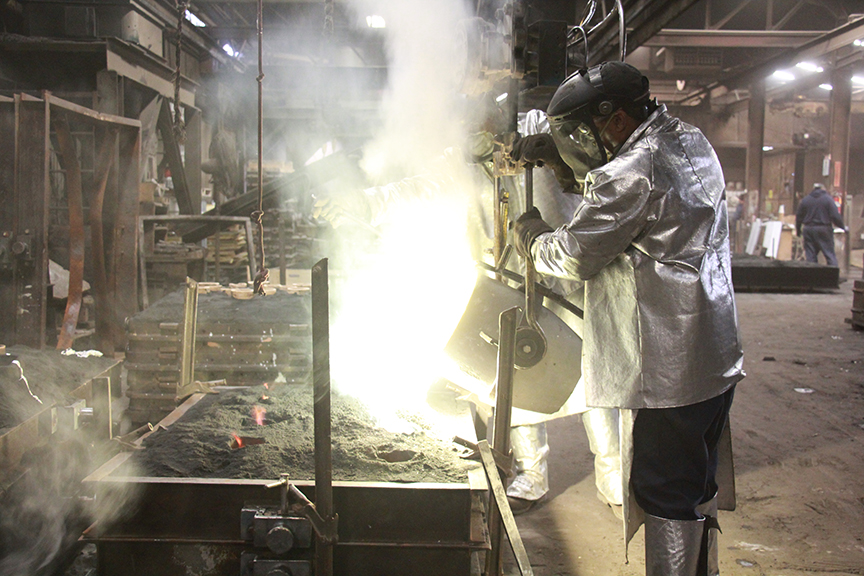If the last few years have made one thing abundantly clear, it’s this: resilient supply chains begin at home.
The COVID-19 pandemic, geopolitical tensions, and the rise of economic nationalism have pulled back the curtain on vulnerabilities that have been quietly growing in our global supply networks for decades. From port congestions and skyrocketing freight costs to unexpected material shortages, companies across sectors were forced to re-evaluate where and how their products are made.
At Meloon Foundries, we’ve never needed convincing. As a company producing 100% USA-sourced and manufactured non-ferrous castings, we’ve long known that domestic manufacturing isn’t just a matter of pride — it’s a matter of preparedness.
Domestic Manufacturing = Strategic Advantage
When businesses rely heavily on offshore suppliers, they’re exposed to a range of risks outside their control:
-
Global shipping delays and container shortages can add months to delivery timelines.
-
Geopolitical instability — from trade wars to sanctions — can cut off critical supply routes overnight.
-
Volatile foreign exchange rates and labor costs make budgeting unpredictable.
By contrast, companies that manufacture and source domestically are better positioned to ensure reliability, speed, and cost transparency — three cornerstones of a resilient supply chain.
Government Policy Is Shifting in Favor of “Made in USA”
The U.S. government is also recognizing the strategic value of domestic manufacturing. Recent legislation is helping fuel a reshoring renaissance:
-
The Inflation Reduction Act and the CHIPS and Science Act include billions in incentives for U.S.-based manufacturing and domestic supply chains, particularly in energy, semiconductors, and critical infrastructure.
-
The Bipartisan Infrastructure Law mandates the use of American-made products in federally funded construction, including iron, steel, and manufactured products — directly benefiting foundries and fabricators like Meloon.
-
The Department of Defense has increased funding for American metalcasting operations to strengthen military readiness and reduce dependency on foreign suppliers for mission-critical components.
These policies represent more than just investment. They’re a strategic pivot toward economic self-reliance — and manufacturing is at the heart of it.
Value, Not Just Cost, Is the New Metric
For too long, global procurement strategies have prioritized the lowest possible price, often at the expense of long-term value and agility. But today’s business environment is rewarding those who optimize for resilience, not just cost-efficiency.
As McKinsey & Company pointed out in their 2023 report on supply chain resilience:
“Companies that invested in supply chain redundancy and visibility recovered faster from disruptions — and saw better long-term performance metrics than those that didn’t.”
In industries like infrastructure, energy, defense, and mass transit — sectors where Meloon Foundries has decades of experience — this lesson is especially clear. A missed deadline due to delayed components can stall a billion-dollar transit system or compromise a defense contract. Reliability isn’t optional. It’s mission-critical.
Casting a Better Future — Right Here at Home
At Meloon Foundries, we’re proud to produce American-made, American-sourced castings that help our customers maintain control, ensure quality, and meet delivery timelines — even when the global market is in flux.
We don’t just talk about resilience. We pour it, machine it, and deliver it.
Our commitment to USA manufacturing is a strategic choice — one that helps our customers succeed in unpredictable times.
Let’s Strengthen the American Supply Chain — Together
If you’re in procurement, operations, or engineering, ask yourself:
Where is your company investing in supply chain resilience?
Are your critical components being produced in stable, transparent, and accountable environments?
Let’s connect. Because the future isn’t about the lowest cost at all costs. It’s about value, trust, and control — and that starts with American manufacturing.




